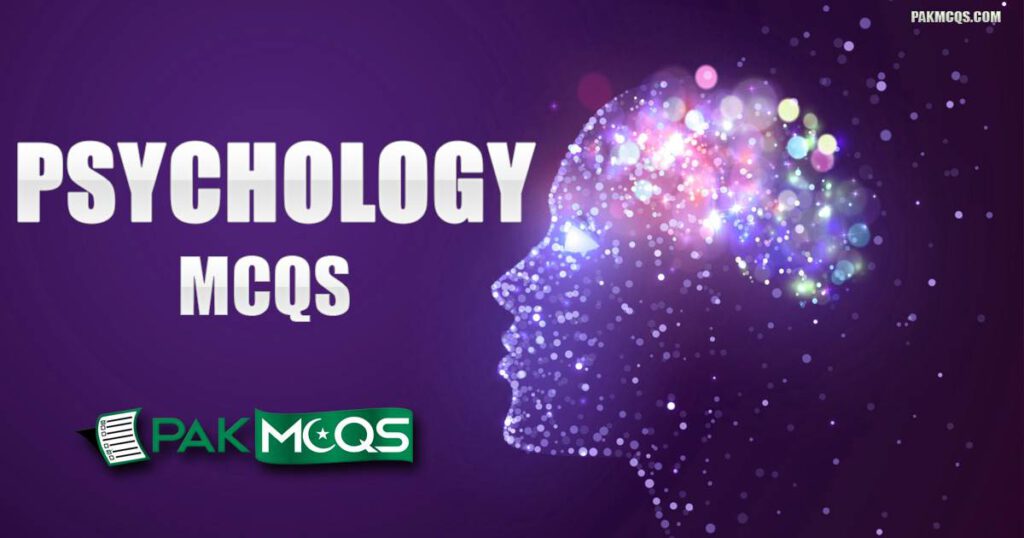A. task and social
B. social and inclusive
C. task and exclusive
D. task and inclusive
Psychology Mcqs
Psychology Mcqs for Preparation – These Multiple Choice Questions are important for Lecturer Psychology, Clinical psychologist, Counselling psychologist, Educational psychologist and Forensic psychologist Jobs tests. Psychology Mcqs questions are very important for all type of exams conducted by Fpsc, Nts, Kppsc, Ppsc, Spsc, Bpsc, Ots, Uts, Pts, Cts, Ats, etea and other testing agencies of Pakistan.
| PSYCHOLOGY MCQS | |||
|---|---|---|---|
| 1. Introduction to Psychology | 2. Emotions | ||
| 3. Therapy | 4. Memory | ||
| 5. Intelligence | 6. Infancy And Childhood | ||
| 7. Health Psychology | 8. Forensic Psychology | ||
| 9. Branches of Psychology | 10. Attitudes, Attributions And Social Cognition | ||
| 11. Adolescence And Adulthood | 12. Abnormal Psychology | ||
| 13. Social Psychology | 14. Sensation And Perception | ||
| 15. Research Methods | 16. Psychology Theories | ||
| 17. Psychological Disorders and their Treatment | 18. Personality | ||
| 19. Organizational Psychology | 20. Nervous System | ||
| 21. Motivation | 22. Methods and Approaches | ||
| 23. Methodology | 24. Major Thinkers in Psychology | ||
| 25. Learning | 26. Language And Thought | ||
| 27. Interpersonal Relations And Group Processes | 28. Industrial Psychology | ||
| 29. Educational Psychology | 30. Developmental Psychology | ||
| 31. Criminal Psychology | 32. Coordination | ||
| 33. Cognitive Psychology | 34. Biological Foundations of Behavior | ||
| 35. Miscellaneous Psychology | 36. | ||
A. gender schemas
B. nature
C. temperament
D. culture
A. group decisions will always be better that individual decisions
B. when most of the group members initially favor a cautions decision, discussion will cause the group to adopt even more cautions decision
C. a group will always eventually divide into groups with opposing decisions
D. when most of the group members initially favor a cautions decision, discussion will cause the group to adopt a risky decision
A. distorting the argument
B. rejecting the source
C. rationalizing the argument
D. refuting the argument
A. social exchange theory
B. the just- world phenomenon
C. the bystander effect
D. the foot- in- the- door phenomenon
A. the mere exposure effect
B. the foot- in- the- door phenomenon
C. the bystander effect
D. social facilitation
A. details of the story are emphasized
B. The story is shortened or reduced
C. The story become distorted
D. all of the above
A. Self- perception
B. Cognitive dissonance
C. Compliance
D. Balance
A. Cognitive dissonance
B. Self- doubt
C. Balance theory
D. Second guessing
A. Hard- sell
B. Soft- sell
C. Peripheral
D. Relevant


